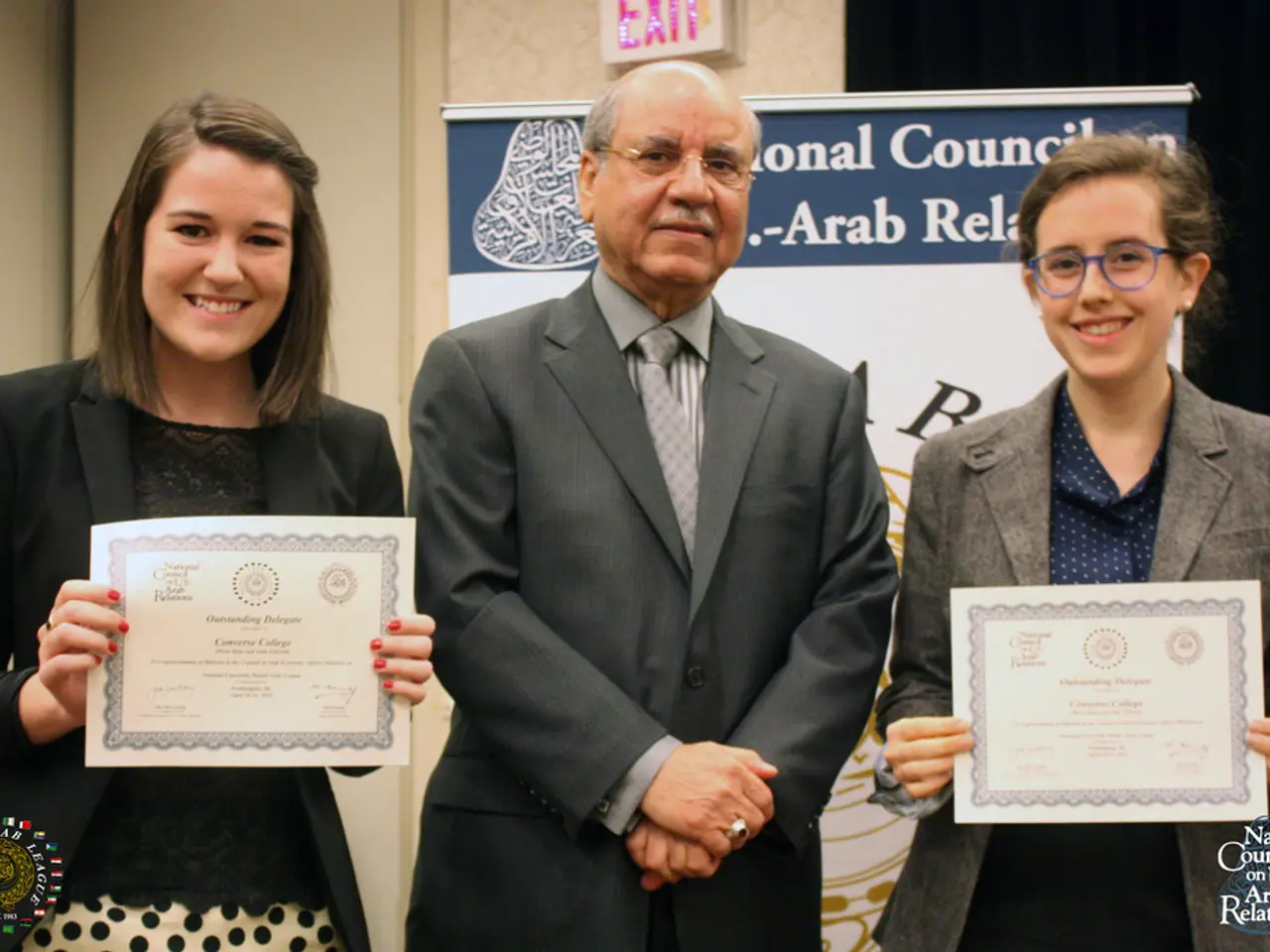Exploring the Legal Battles of Trust Disputes: Crucial Terms and Procedures
In the realm of estate planning, trust litigation has emerged as a significant issue that families and estates must contend with. This article aims to shed light on the causes, consequences, and trends associated with trust litigation.
Regular discussions among family members about estate plans create an open environment where concerns can be addressed, fostering trust among beneficiaries. However, despite these efforts, disputes often arise, leading to trust litigation. Common causes include disagreements among beneficiaries, allegations of trustee misconduct, improper management or distribution of trust assets, and challenges to the validity or terms of the trust itself.
Trust litigation can impose significant financial ramifications on all parties involved. Apart from escalating legal costs, it can lead to the depletion of trust assets and unfavorable tax consequences. Moreover, the financial burden often falls heavily on the trust's beneficiaries, affecting their inheritance.
Future trends in trust litigation are likely to reflect a shift towards digitalization and increased reliance on virtual conflict resolution platforms. Electronic documentation and virtual court appearances may become standard practice, streamlining the litigation process. However, this shift also presents new challenges for legal practitioners, who must adapt their strategies to address new forms of trust litigation arising from digital assets and modern legacy planning methods.
Ongoing changes in trust laws and regulations will shape future litigation landscapes. For instance, recent trends in trust law, such as Minnesota’s new trust law effective August 2025, show an increasing use of long-term or dynasty trusts with vesting periods extended up to 500 years to protect assets across multiple generations.
Hiring an experienced attorney to draft and review trust documents helps ensure the settlor's intentions are accurately captured. Periodic reviews of the trust, especially after significant life events, are necessary to keep the trust current and align the settlor's intentions with the expectations of the beneficiaries.
Trust litigation can create distrust not only among family members but also towards professionals who were once considered reliable. Prolonged or contentious trust disputes can fracture family relationships and disrupt the orderly transfer of wealth across generations. They can also lead to a cascade of emotional and relational consequences, including increased stress and anxiety, feelings of abandonment or rejection, and strained communication within families.
Investing in mediation or other forms of alternative dispute resolution can help facilitate harmonious resolution of conflicts before they escalate into litigation. The growing acceptance of alternative dispute resolution methods, such as mediation, will potentially reduce the case load in courts, minimizing adversarial proceedings and the associated emotional toll on all parties involved.
In conclusion, trust litigation is a complex issue that can have profound impacts on families and estates. By understanding the causes and consequences of trust litigation, families can take proactive steps to minimise the risks and protect their assets and relationships. Seeking the guidance of experienced legal professionals and engaging in open and honest communication are key strategies for navigating the complexities of trust litigation.
Legal research in trust law is crucial to understanding the implications of trust litigation and potential solutions for mitigating risks. Experienced attorneys, familiar with trust litigation processes, can provide valuable insights during the litigation stage, especially when it comes to managing finance, wealth-management, and potential tax consequences.
The rising trend of digitalization in the litigation process may also impact wealth-management strategies, as legal practitioners need to adapt their approaches to handle digital assets and modern legacy planning methods, further underlining the importance of continued legal research in trust law.




